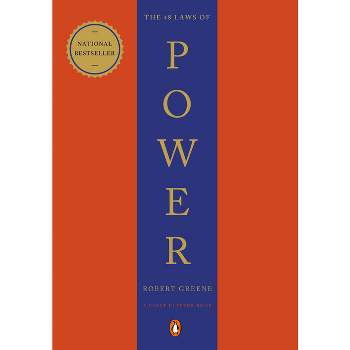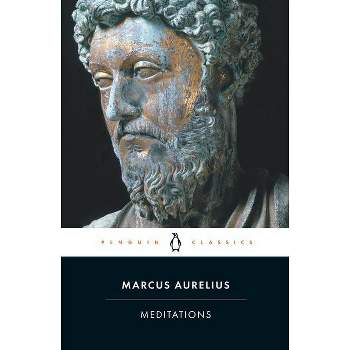About this item
Highlights
- "If we are to understand not only the direct impact of Marx on the development of German thought but also his sometimes extremely indirect influence, an exact knowledge of Hegel, of both his greatness and his limitation, is absolutely indispensable.
- About the Author: Georg Lukács was a Hungarian Marxist philosopher, aesthetician, literary historian, and critic.
- 608 Pages
- Philosophy, History & Surveys
Description
About the Book
"If we are to understand not only the direct impact of Marx on the development of German thought but also his sometimes extremely indirect influence, an exact knowledge of Hegel, of both his greatness and his limitation, is absolutely indispensable."- from the prefaceBook Synopsis
"If we are to understand not only the direct impact of Marx on the development of German thought but also his sometimes extremely indirect influence, an exact knowledge of Hegel, of both his greatness and his limitation, is absolutely indispensable."- from the preface"If we are to understand not only the direct impact of Marx on the development of German thought but also his sometimes extremely indirect influence, an exact knowledge of Hegel, of both his greatness and his limitation, is absolutely indispensable."- from the preface.
It is well known that Hegel exerted a major influence on the development of Marx's thought. This circumstance led Lukács, one of the chief Marxist theoreticians of this century, to embark on his exploration of Hegelian antecedents in the German intellectual tradition, their concrete expression in the work of Hegel himself, and later syntheses of seemingly contradictory modes of though. Four phases of Hegel's intellectual development are examined: "Hegel's early republican phase," "the crisis in Hegel's views on society and the earliest beginnings of his dialectical method," "rationale and defense of objective idealism," and "the breach with Schelling and The Phenomenology of Mind."
Lukács completed this study in 1938, but because of the imminent outbreak of war, it was not published until the late 1940s. A revised German edition appeared in 1954, and it is this text that is the basis of this first English translation of the work.
About the Author
Georg Lukács was a Hungarian Marxist philosopher, aesthetician, literary historian, and critic. Rodney Livingstone, Reader in German at the University of Southampton, has edited and translated numerous works by Lukács, Theodor Adorno, and others.Shipping details
Return details
Trending Philosophy












